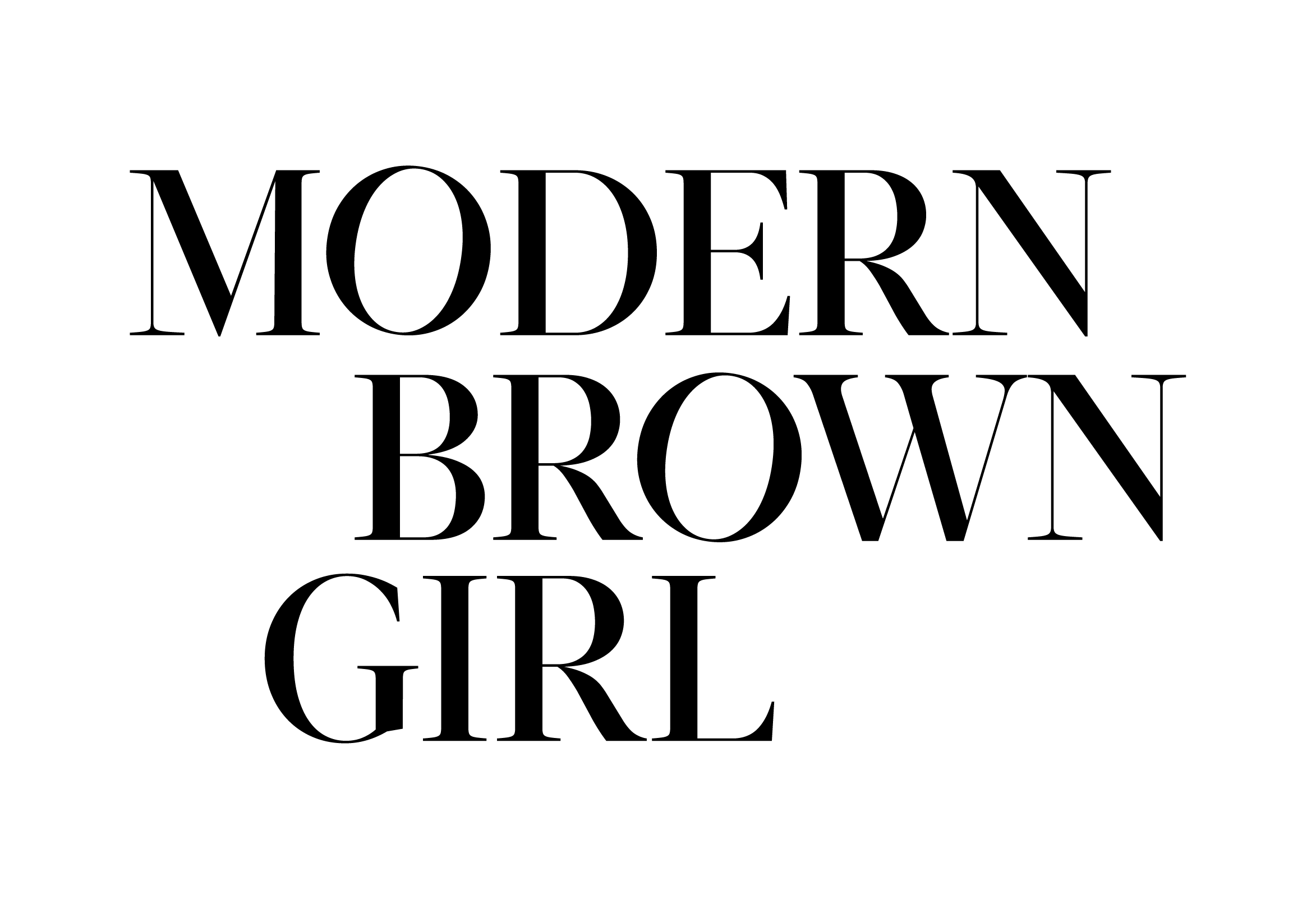The Dirty Secrets of Vegan and Vegetarian Lifestyles That Need to Be Addressed
I’ve toyed around with vegetarianism and veganism for almost 20 years now. I was 13 the first time I tried the vegetarian lifestyle and uninformed about how it truly worked. I was unable to make all of my choices because I’m a first-generation immigrant, therefore, I ate what was available and that was that.
After childhood, I was a vegetarian for almost eight years and began traveling the world. Prior to the pandemic I mostly ate meat and dairy in social situations. As a resident of Mississippi, I’ve already heard plenty of stories about how meatpacking and poultry plants treat my community. Injuries and tough working conditions are the norm and jobs are extremely unstable despite the difficult environment workers must endure.
The number of COVID-19 infections in meat and poultry plants made me feel that now is a great time to go back to vegetarianism. Along with this, I’ve noticed that people are more accepting of vegans and vegetarians overall.
There have been welcome changes
The vegan and vegetarian scene has changed for the better in many respects. There are more vegan and veggie influencers of color, LGBTQ+, athletes, people with disabilities, and people from countries other than the United States. Online vegetarian and vegan content is still primarily in English, but I’m seeing more content in other languages. These are great strides in inclusion on a lot of fronts.
Today there are so many vegan chefs who take the time to veganize foods from their particular culture, such as SweetPotatoSoul (Jenné Clairbone), Vegicano (Rudy Ramos), The Salvi Vegan (Norma Pérez), and Veggiekins (Remy Park). Multicultural dishes and chefs have made going back to vegetarianism feel even more approachable. Thanks to these and other chefs, I know I’ll be able to stick to a plant-based diet more easily.
Likewise, vegans and vegetarians are also speaking up about issues such as body-shaming, healthy exercise routines, and being more forgiving about the way we choose to live.
Why choosing a plant-based diet is a great thing
According to the USGS, it takes 150 gallons of water just to grow a hamburger, and 10 gallons to grow a pound of chicken. Big agriculture is known for its cruel methods for raising farm animals, including putting animals in tight spaces, giving them hormones so they can grow faster to provide more food, and for their unsanitary conditions, which have an impact on workers.
They also try to persuade lawmakers to create other allowances, such as creating laws that make it harder for people to sue them in case they do something that negatively impacts their local environment. Cutting meat, poultry, and fish out of one’s diet has a great impact on your carbon footprint and on animals.
But what about farmworkers?
Farmworkers have historically been targets of injustice. Today, farmworkers tend to be undocumented workers or people who can only come to the US on temporary visas. We’ve been depending on vulnerable workers who’ve had no choice but to continue working throughout this entire pandemic.
Vegans and vegetarians who choose this lifestyle for ethical reasons often cite that this lifestyle is cruelty-free. Our plant-based lifestyle is far less cruel on many fronts, but unless you grow your own food, then you depend on a system that was designed to work in an inhumane manner.
Farms that grow fruits, vegetables, nuts, legumes, and other plant-based items have also been COVID-19 hotspots, and this isn’t going to change unless we fight for better conditions. Despite new guidelines, farmworkers can’t always take the right steps to prevent infection. But pandemic or now, working at farms has always been tough.
Pesticide exposure, harsh weather, low wages, and seasonal work are only some of the things farmworkers must deal with every day. Racism, xenophobia, and sexual harassment are built into our food system today. Though as vegetarians and vegans we’re doing something that has great potential to help, our way of life won’t be truly cruelty-free until the humans who work in farms we depend on food have the rights, job security, wages, and conditions they deserve.
So what can we do?
Being vegetarian or vegan is a major stepping stone into cultivating a kinder and more sustainable world, but there are still many ways we can ensure it truly becomes as cruelty-free as we’d like. A few ideas are:
Buying organic when your budget allows. Conventional produce is laden with pesticides that not only harm the environment, but also harm workers who are exposed to them.
Educate yourself on farmworker conditions and struggles. Immigrants (whether undocumented or with seasonal visas) often face abusive work conditions due to their lack of citizenship status in the US.
Vote for political and local candidates who care about ensuring access to healthcare that isn’t tied to employment, paying living wages, and who actively try to ensure all workers have personal protective equipment (PPE) during the COVID19 pandemic.
Most importantly, check your privilege and find ways to listen to people who are directly affected by the agricultural industry’s exploitative working conditions. A plant-based lifestyle won’t be “cruelty-free” until people who harvest our food are taken care of, paid living wages, and have access to the healthcare and benefits they deserve.




Ingrid Cruz is a freelance writer and artist. She enjoys trying new recipes, hiking, and coffee.